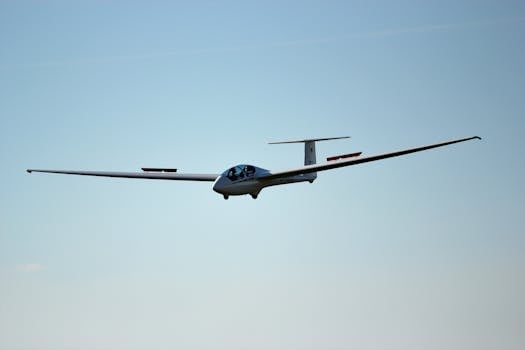Takeaways
- Luxury jets are evolving with advanced technology and sustainability in mind.
- Private aviation is becoming more accessible with innovative services and financing options.
- Future luxury jets will likely feature enhanced comfort and personalization.
The Future of Luxury Jet Airplanes: Trends and Innovations

Technological Advancements in Luxury Jets

Moreover, the introduction of smart aircraft is changing how jets operate. These planes are equipped with artificial intelligence systems that can assist pilots in navigation and decision-making, ensuring a smoother and safer flight experience. Additionally, the use of big data analytics allows for predictive maintenance, reducing downtime and enhancing the overall reliability of luxury jets.
Another exciting innovation is the rise of supersonic travel. Companies like Boom Supersonic are working on jets that can fly faster than the speed of sound, drastically reducing travel time. This means that destinations that once took hours to reach can be accessed in a fraction of the time, catering to the fast-paced lifestyle of luxury travelers.
Sustainability Efforts in Private Aviation
With growing concerns about climate change, the luxury aviation industry is making significant strides toward sustainability. Manufacturers are investing in research and development to create more fuel-efficient engines and explore alternative fuels, such as sustainable aviation fuel (SAF). These initiatives aim to reduce the carbon footprint of private jets while maintaining performance and luxury.
Furthermore, many companies are adopting eco-friendly practices in their operations. From carbon offset programs to using sustainable materials in cabin interiors, the luxury jet industry is committed to reducing its environmental impact. For instance, the Cirrus Aircraft has introduced initiatives to recycle materials and minimize waste during production, setting a precedent for future manufacturers.
The Evolving Demands of Affluent Travelers
As the luxury market continues to evolve, so do the preferences of affluent travelers. Today’s jet-setters seek more than just transportation; they want an unparalleled experience. This has led to a rise in personalized services, including bespoke cabin designs and tailored in-flight experiences. Luxury jet manufacturers are now collaborating with interior designers and lifestyle brands to create unique interiors that reflect the owner’s tastes and preferences.
Moreover, the rise of on-demand services, such as JetSet, allows travelers to book flights that fit their schedules, providing flexibility that traditional airlines cannot match. This trend is making private aviation more accessible to a broader audience, transforming the perception of luxury travel.
Future luxury jets are also expected to incorporate wellness features, such as advanced air filtration systems, noise reduction technologies, and customizable lighting to enhance passenger comfort and well-being during flights. The focus on health and wellness is becoming increasingly important in the luxury sector, and aviation is no exception.
In conclusion, the future of luxury jet airplanes is bright, characterized by technological advancements, sustainability efforts, and a keen understanding of the evolving demands of travelers. As the industry continues to innovate, we can expect an exciting era of private aviation that combines luxury, efficiency, and environmental responsibility.


